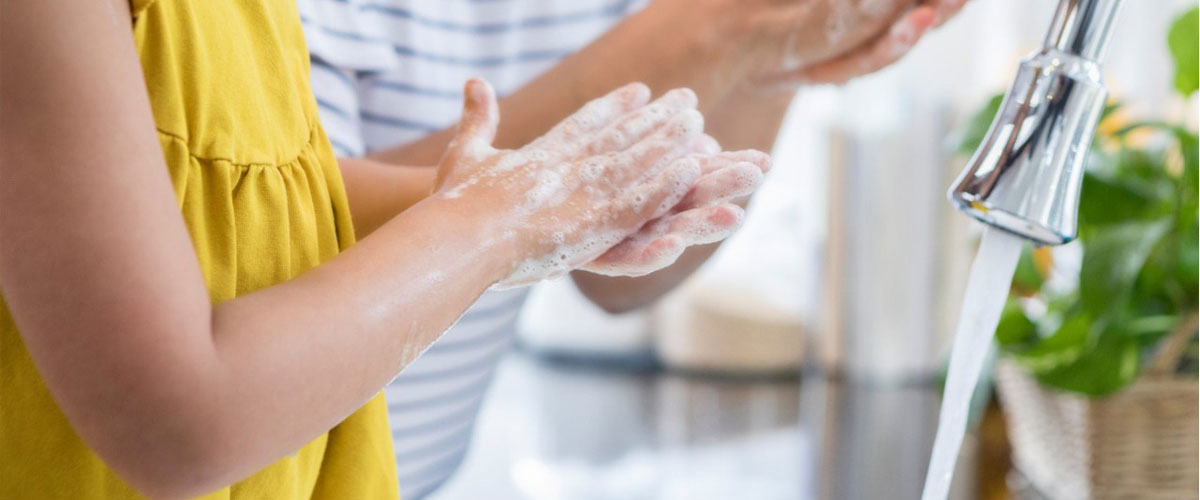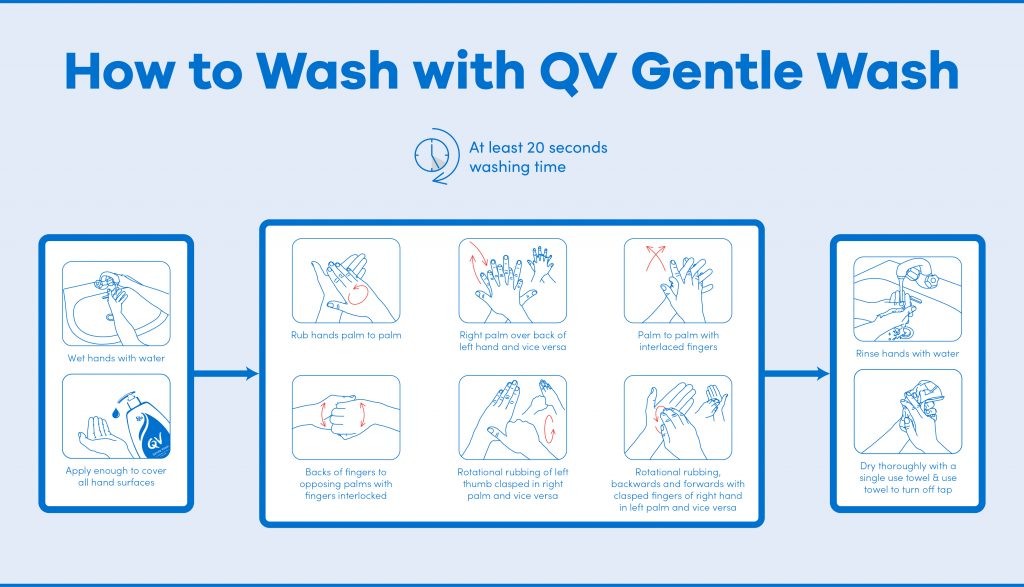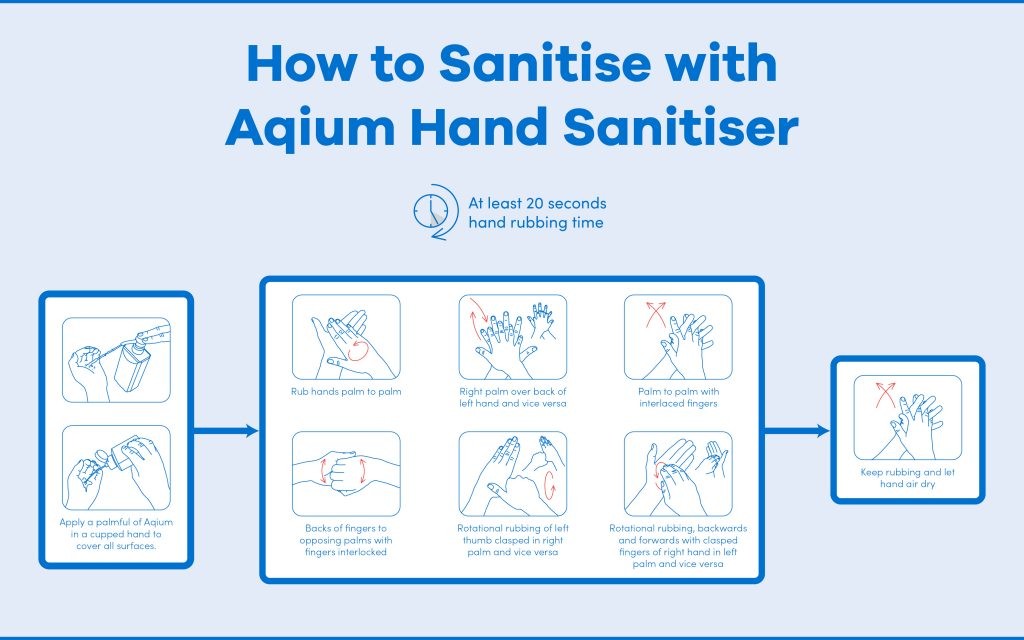Since the beginning of the coronavirus outbreak, we have been urged to pay attention to our hand hygiene — and for good reason. Hand washing is one of the most important things you can do to help slow or reduce the spread of the virus, and help keep you and your family safe1.
When to wash
- Hand hygiene is key. It is important to wash your hands3:
- Whenever you touch something that may be contaminated2
- If you touch someone who is sick with COVID-19
- After you use the bathroom
- Before eating, and before, during and after preparing food
- After blowing your nose, sneezing or coughing
- Before and after tending to a sick person, or a baby
Why hand washing is best, then hand sanitiser1
Washing your hands properly with water and soap or a gentle non-soap based cleanser is one of the best ways to help prevent COVID-19.
Cleansers work by lifting dirt and contaminants like bacteria and viruses from the skin. The mechanical action of hand washing also plays a part; the act of rubbing your hands together can help to lift contaminants from the skin. In fact, the mechanical action of washing your hands is a major reason why cleansing with water and a non-soap based cleanser is the preferred method. While hand sanitisers can be effective against germs such as bacteria, they cannot remove dirt and grime from the hands. The best advice is to wash your hands thoroughly with water and soap or a gentle non-soap based cleanser for at least 20 seconds whenever you can. When this isn’t an option, keep a hand sanitiser close at hand.
Why a non-soap-based cleanser? What about soap?
Soap and non-soap based cleansers do exactly the same thing; they clean the skin. A key difference though is the type of ingredient used to do this. Soap is formed though a chemical process known as saponification, which is a reaction between strong bases. This reaction leaves the soap highly alkaline, which means that it usually has a pH of around 9 or 104. The skin itself has a natural pH of around 5, so an alkaline product like soap can alter the skins composition5 and potentially lead to irritation. Non-soap based cleansers contain synthetic detergents in place of soap. As the process doesn’t need to be highly alkaline, like soap, the pH of these products can be closer to that of the skin. What this means is that cleansers will work just as well as soap without aggravating your skin.
Hand washing done right:



